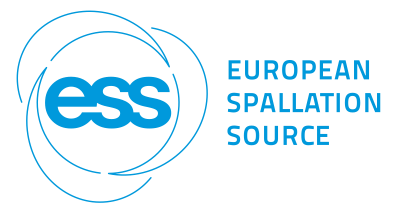Mr
Carlos Pascual-Izarra
(Alba Synchrotron)
19/10/2016, 10:30
Oral Contribution
On the one hand, science is about openness and collaboration and, on the other hand, open and community-driven software projects have demonstrated to yield more generic and resilient solutions thanks to the diverse users’ needs and feedback. Yet, the development of many scientific software projects (even free/open-source ones) is still managed in a closed way, typically by one or few people...
Dr
Peter Peterson
(Oak Ridge National Laboratory)
19/10/2016, 10:50
Oral Contribution
Collaborative software provides for improved community engagement, better reliability, and continued development. These benefits come with additional costs to effective communication. For a project developed by a distributed team to be successful, it must adopt strategies to overcome communication issues. Specifically, an effective distributed team must communicate where the project currently...
Raquel Alvarez
(ISIS, STFC)
19/10/2016, 11:10
Oral Contribution
From its inception, software quality has been at the forefront of concerns in Mantid[1], a scientific framework for reduction of neutron scattering data. The Mantid project was implemented with a long term future in mind, and the need to maintain quality and robustness while continuing to develop the framework has been a cornerstone in the project. As such, we have developed a comprehensive...
Mr
Michael Hart
(STFC)
19/10/2016, 11:30
Mini Oral
User-facing instrument control software will be a critical component to the operation of the European Spallation Source (ESS) under construction in Sweden. The control software must be robust, proven, and well tested for day-one operations. A sequential approach to development, whereby the target hardware is procured, installed and made operational prior to the development of the control...
Dr
Matthew Jones
(STFC, Tessella)
19/10/2016, 11:35
Mini Oral
At the ESS, data from each instrument will need to be transported elsewhere for use by various software packages which will perform tasks such as analysing the data, providing live visualisation or writing data files. To do this, an ESS and ISIS in-kind collaboration will implement a robust and high throughput streaming system. The data stream will largely comprise neutron events and...
Dr
Shirley Crompton
(Science and Technology Facilities Council)
19/10/2016, 11:40
Mini Oral
CCP4-DaaS is a research infrastructure project undertaken by the UK [Science and Technology Facilities Council][1] (STFC) to provide centralised computational facilities targeting the [CCP4][2] community of researchers in macromolecular crystallography. The project implements a Data Analysis as a Service (DaaS) framework, building on the [ICAT][3] stable of software tools for managing Large...

